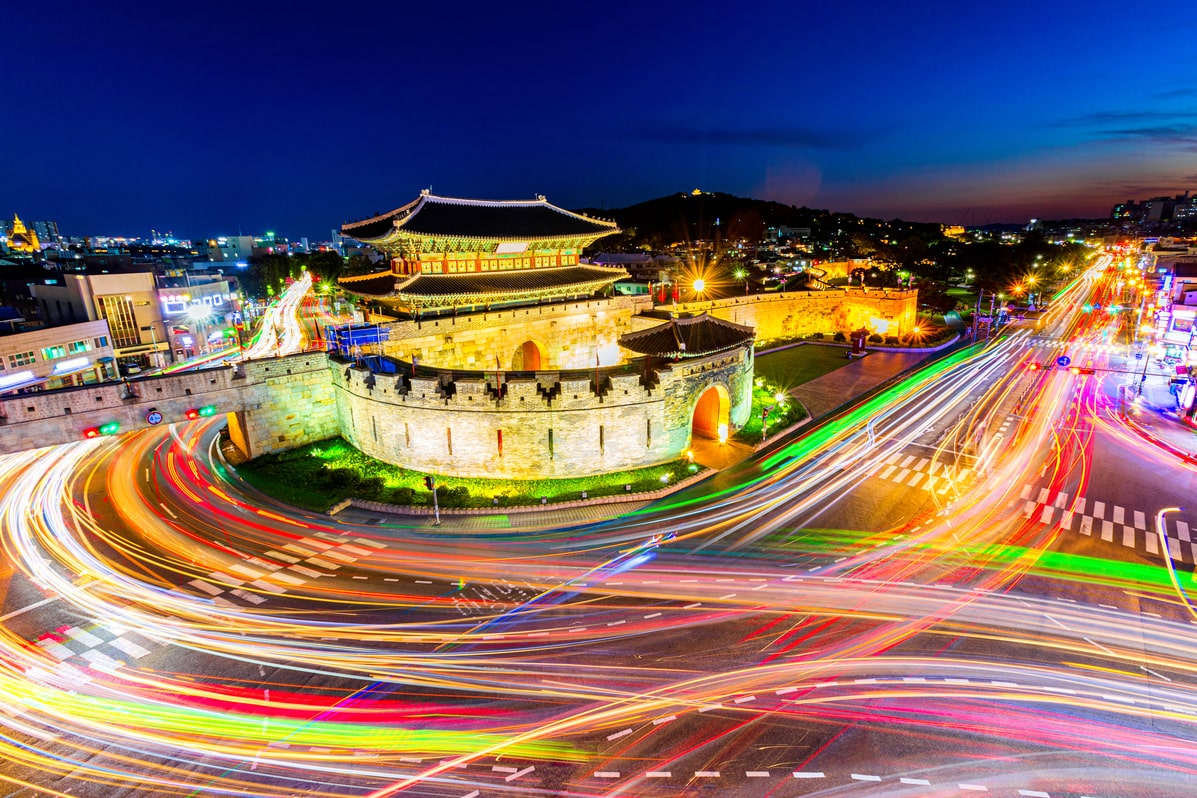South Korean Crypto Exchanges Prepared to Self-regulate, Says Ruling Party

South Korea’s ruling political party – the People’s Power Party – has stated that the nation’s leading crypto exchanges have created plans that could see them form a self-regulating body that could be empowered to take cross-platform decisions on matters such as delisting and the suspension of transactions.
Per Asia Kyungjae and SBS, a party spokesperson told the media that the crypto “industry” had “recently” presented it with “a plan for self-regulation at a private meeting.”
The media outlets claimed that the plan includes measures that would see a joint body give the authority to make quick decisions on coin listing policies and the suspension of trading. The body would be charged with “securing the trust of investors” by “creating regulatory measures” that will let exchanges “jointly respond in case of emergency.”
The proposals are likely to be discussed at a second high-level private sector-executive summit to be held on Monday next week. The summit has been convened to “protect cryptocurrency investors” in the wake of the galvanizing Terra/UST crash. The exchanges faced a barrage of criticism for failing to coordinate their delisting of the collapsed LUNAC token – leading to feverish speculative and “kimchi premium” trading.
They have apparently attempted to show that they are capable of acting as one in the period since, however: All five of the fiat-trading exchanges this week simultaneously announced they would be delisting litecoin (LTC) after the latter’s node operators agreed to add privacy protocols.
Also attending the summit, along with leading party officials, will be a number of government members – including ministers. Regulators from the Financial Services Commission and the Financial Supervisory Service will also be in attendance.
The MP Yoon Chang-hyeon, who is chairing the People’s Power Party’s Virtual Assets Special Committee, hinted that the exchanges were responding to government pressure. Yoon stated that the party had “asked the exchanges” to draft an “autonomous protocol or a common countermeasure” system.
Yoon added,
“It seems that it will take a long time to improve [the cryptoasset] market. We will need to supplement and refine the voluntary guidelines a little more.”
He suggested that this (second) meeting between the exchanges and the executive would be followed up with a “third and fourth round” of meetings.
Yoon was further quoted as stating that although crypto trading platforms were called “exchanges,” “unlike the stock exchange, they play by separate rules.”
However, Asia Kyungjae reported that not everyone is content with the decision to self-regulate – which would involve following a similar regulatory path to that in Japan. Across the sea to the East, Japanese trading platforms defer to a central crypto exchange body that regulates matters pertaining to listing and transaction monitoring – among other matters.
The media outlet wrote that “dissatisfaction is also being detected in the cryptoasset industry,” with some not content with the new “regulatory move.”
An unnamed official from an (also unnamed) domestic crypto exchange said,
“The ruling party wants to create common screening criteria for token listings. But is it right for the ruling party and government to regulate the private sector?”
Dunamu, the operator of the market-leading Upbit exchange, previously stated that it would “discuss a cooperation system” with its “major exchange” rivals, so that the sector could prepare for “a joint response in case of a similar emergency” to the Terra/LUNA crash.
____
Learn more:
– With Crypto Regulation Imminent, How Should Industry Leaders Prepare?
– French Lawmaker Releases New Report to Push for Crypto Legislation
– Crypto Firms Flock to Dubai for Regulatory Clarity as UAE Cleans Its ‘Grey’ Reputation
– The Crypto Industry Needs to Unite to Bring Together a Global Regulatory Framework
– This Is Why ‘the Government’ Is Not Going to Ban Digital Assets
– Japanese Justice Ministry Wants Law Enforcers to Have Power to Seize Crypto




